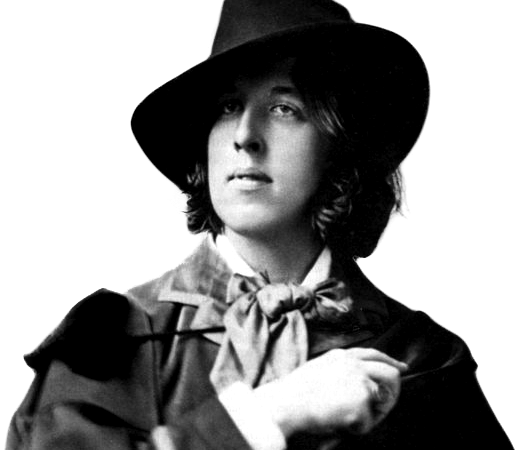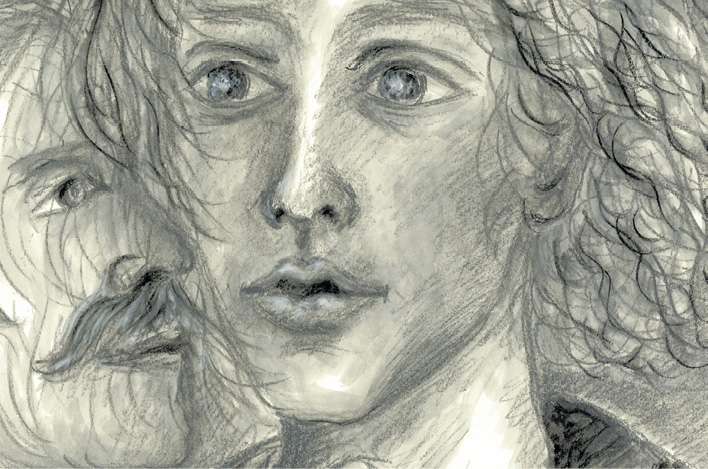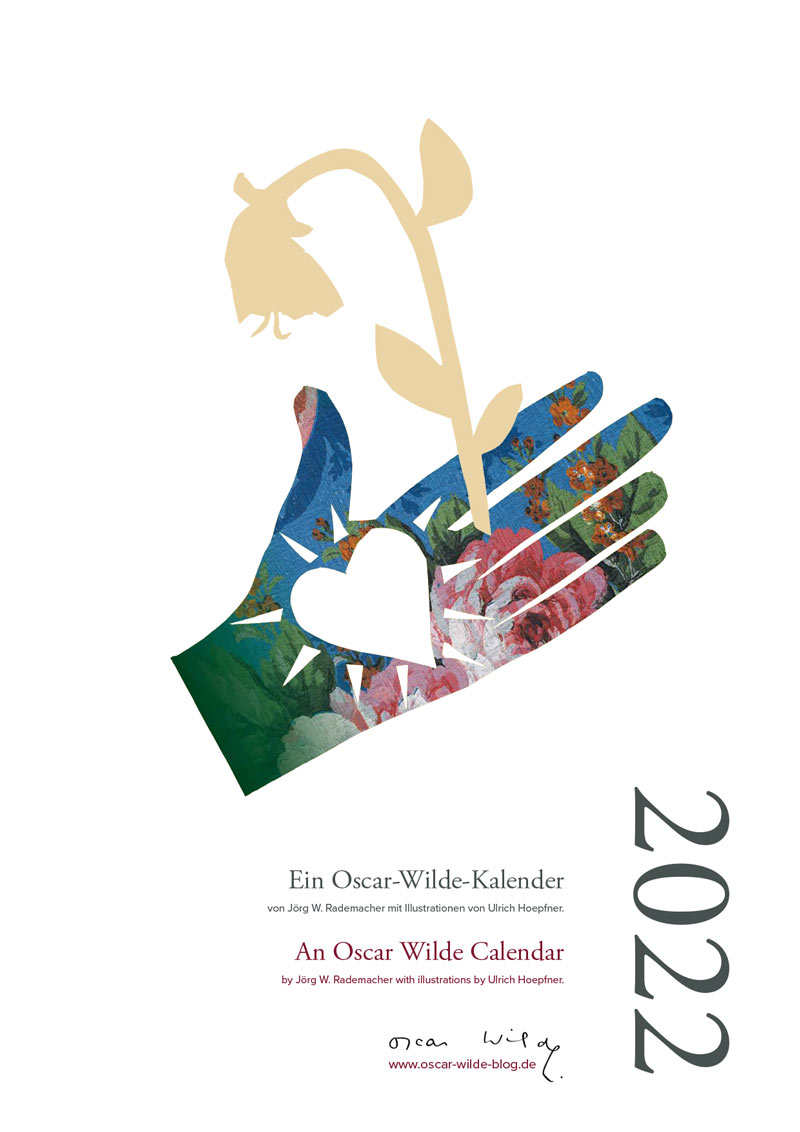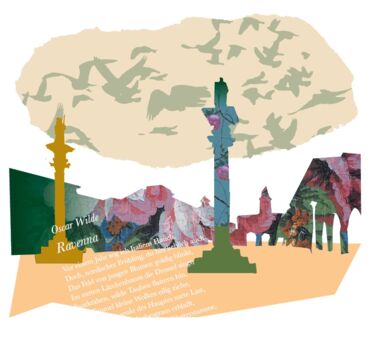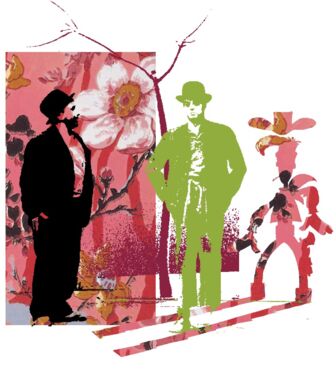Dear readers of my blog,
having returned from the class trip to Berlin – where it was as hot as it had been in the same calendar week in 2012 and where I was strictly offline concentrating on people and places around me – it took me five working-days to live up to the demands a commuter’s professional and family life imposes in both analogical and digital terms.
I now hope to resume a more or less regular blog on “Oscar Wilde and Company” which catch-title, following several trains of thought both on Baltrum beach in the summer and in Berlin streets last week, as well as on the phone to some friends of long standing, should be read in context with a sub-title: “German, Jewish, Irish, and Romance Studies”. While there are several posts in waiting, today I want to turn your attention to a query that reached me from a friend based at Heidelberg, a Kleist and Kafka scholar and editor as well as an Anglophile, who needs help with a quotation taking from George Bernard Shaw and cited in one of Kafka’s notebooks (“Quarthefte”).
The situation is a bit complicated. Having discovered that the quote – you find the German translation and the original below – stems from the “Preface” to the first American publication of “The irrational knot” (1905), my friend is puzzled by the fact that this text is missing from the first German edition “Die törichte Heirat”, translated by Wilhelm Cremer (Berlin 1909), someone who also translated Oscar Wilde into German at the time.
Since Franz Kafka did not have any English, his question simply is where did he find the text of the “Preface”? He and I would be extremely grateful if someone came up with a solution.
German translation:
FK zitiert im November 1911 GB Shaw:
„Aber trotzdem ich ein starker junger Mensch war und meine Familie sich in üblen Umständen befand, warf ich mich nicht in den Kampf des Lebens; ich warf meine Mutter hinein und liess mich von ihr erhalten. Ich war meinem alten Vater keine Stütze, im Gegenteil, ich hieng mich an seine Rockschösse.“
English original text:
„I was an ablebodied and ableminded young man in the strength of my youth; and my family, then heavily embarrassed, needed my help urgently. That I should have chosen to be a burden to them instead was, according to all the conventions of peasant lad fiction, monstrous. Well, without a blush I embraced the monstrosity. I did not throw myself into the struggle for life: I threw my mother into it. I was not a staff to my father's old age: I hung on to his coat tails.”
